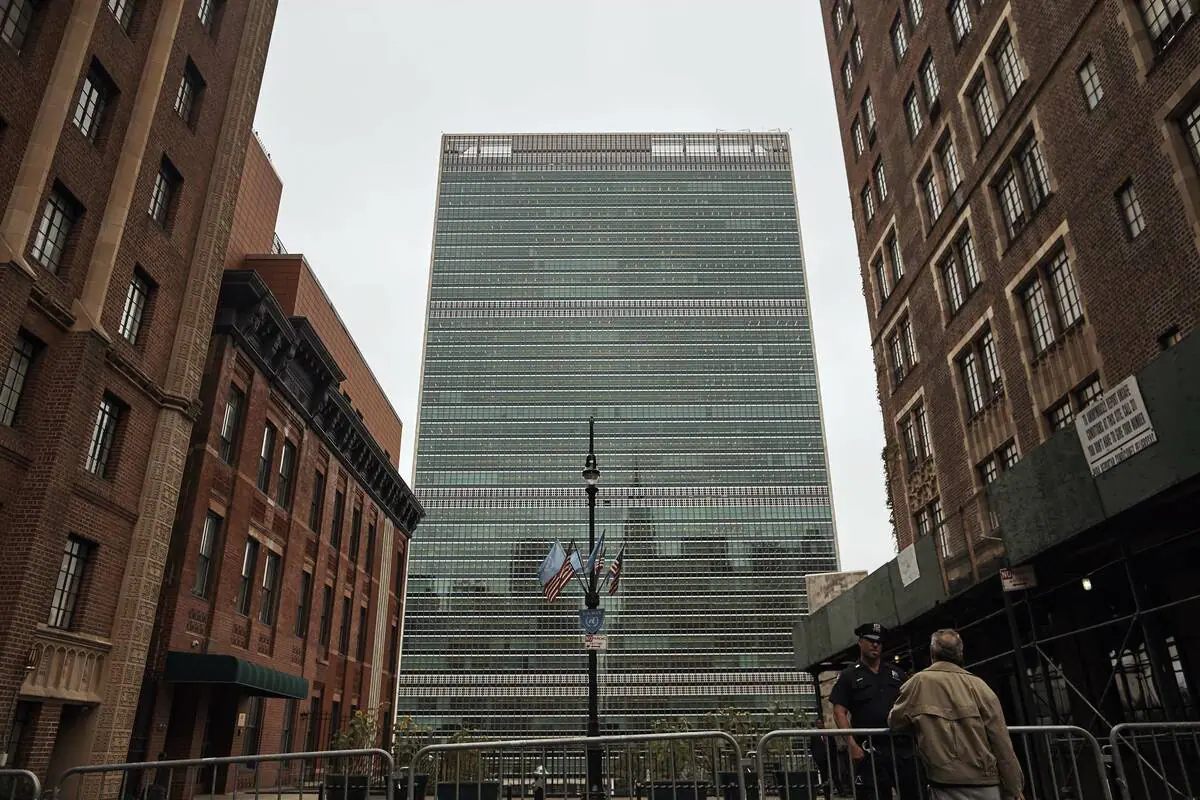The East-West Center has published a special series of Occasional Papers focusing on the maritime security challenges faced by Bangladesh, the Maldives, and Sri Lanka. Edited by Frank O’Donnell, these papers explore how these smaller South Asian states navigate economic growth while addressing complex security issues in their maritime domains. The significance of maritime security is underscored as a cornerstone of both global and regional stability, highlighting the need for tailored cooperation initiatives to suit each state’s unique circumstances.
Maritime Security in Bangladesh
Delwar Hossain from the University of Dhaka emphasizes the strategic importance of the Bay of Bengal (BoB) for Bangladesh, where 90% of trade and all energy transportation depend on this maritime zone. The country’s strategic location also lends it geopolitical importance, especially in relation to the Indian Ocean. Bangladesh faces various maritime security threats, particularly non-traditional challenges such as human trafficking and port security vulnerabilities. The resolution of maritime disputes with Myanmar and India has enhanced Bangladesh’s status as a maritime nation. Ensuring maritime security is deemed crucial for the nation’s economic progress and stability, prompting the need for collaboration with both regional and global entities.
Maritime Challenges in the Maldives
Rasheeda M. Didi from the South Asia Focus Network underlines the interconnected maritime security challenges confronting the Maldives. Besides natural disasters, the nation grapples with illegal, unregulated, and unreported (IUU) fishing, drug trafficking, and piracy, posing significant threats to its security and economic sustainability. The Maldives relies on international cooperation for security assistance, with nations such as the United States, India, and Japan playing vital roles in addressing these multifaceted challenges.
Sri Lanka’s Strategic Role
Chulanee Attanayake from Swinburne University of Technology discusses Sri Lanka’s advantageous position at the crossroads of the Indian Ocean, which places it in a central role concerning both regional and global maritime security dynamics. The evolving geopolitical landscape in the Indo-Pacific presents multiple security threats, including illegal fishing, transnational crime, and environmental degradation. The paper evaluates Sri Lanka’s capacity to respond to these challenges, especially amid rising great power competition.
In summary, this special series highlights the critical maritime security dynamics influencing Bangladesh, the Maldives, and Sri Lanka. Each country faces distinct maritime challenges that necessitate cooperative strategies to strengthen security and promote economic growth. The findings indicate that enhanced regional collaboration and global partnerships are imperative for the sustained stability and security of these vital maritime nations.




